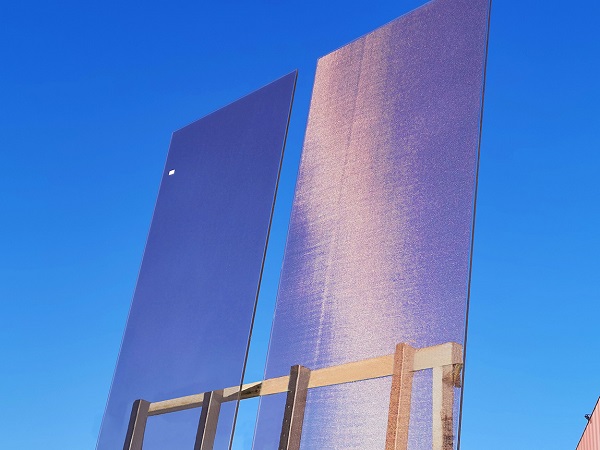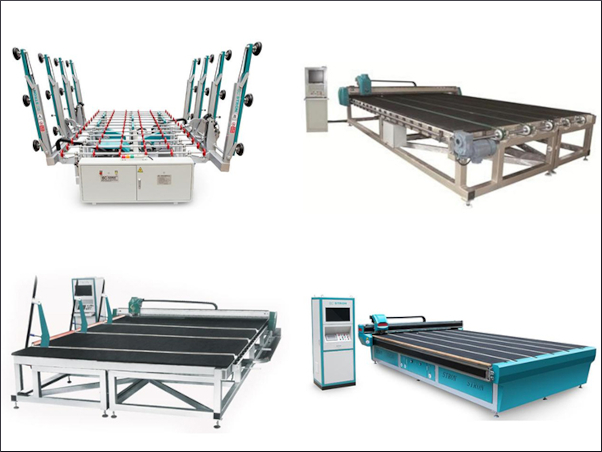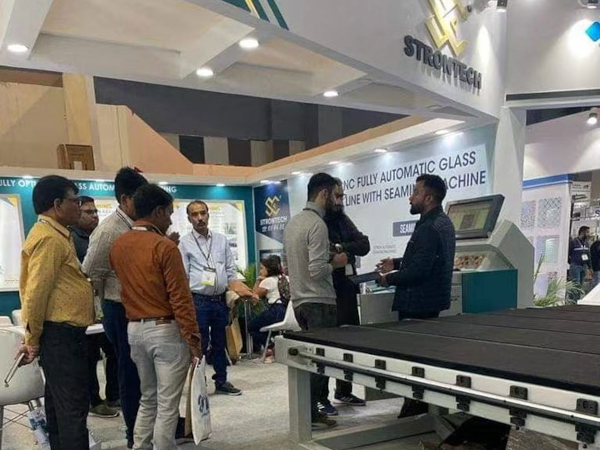Date: 8 March 2006
The state-owned enterprise, which makes a diverse range of building materials and is one of the leading cement manufacturers in the country, is aiming to raise up to HK$1.7 billion ($220 million) ahead of a Hong Kong listing on March 23.Morgan Stanley is the sole bookrunner for the offering, which comes on the heels of a heavily oversubscribed IPO from Nine Dragons Paper.The container board manufacturer raised $504 million (after the greenshoe was fully exercised on the first trading day) and surged 39.7% in its March 3 debut despite concerns over corporate governance practices at the firm.
Nine Dragons listing once again highlighted the strong investor demand for companies that are leading players in Chinas high growth sectors something which may bode well for CNBM.
The company is offering 654 million H shares with the standard 90%/10% split between old and new shares. The deal is being marketed on an indicative price range of HK$2 to HK$2.60, which will value the company at 9.7 to 12.6 times projected 2006 earnings.
This will pitch the company at a slight discount to Taiwan Cement, which is 25% larger than CNBM in terms of overall cement manufacturing capacity. However, the Taiwan-listed competitor has a capacity of only eight million tons per year in mainland China, compared with CNBMs 10.9 million tons.
CNBM is also in the process of constructing two new cement production lines that will increase its annual clinker capacity to 13.4 million tons by the end of this year and to 15.8 million tons by the second quarter 2007. It is also boosting its cement grinding capacity to 13.8 million tons by the second quarter this year.
Taiwan Cement currently trades at a 2006 P/E ratio of about 13 times, while Hong Kong-listed Anhui Conch-Cement, which has a much greater manufacturing capacity of 50 million tons per annum, is quoted at 22 times this years earnings.
Given that scale is a great advantage within the cement industry, Anhui deserves to trade at a significant premium, one observer argues, adding that Taiwan Cement would be a better comparison for the newcomer.
There are few well-covered comparables within CNBMs other business segments, but its Shanghai-listed associate China Fiberglass trades at a 2006 P/E of about 14.2 times.
According to investors, Morgan Stanley initially tested the market at about 10-11 times 2006 earnings, but as it found no price sensitivity at that level the price range was increased slightly before launch. The final price range will be determined by the middle of this week.
The shares on sale will account for 33% of the issued share capital at the base size. There is also a 15% greenshoe that could increase the total funds raised to HK$1.92 billion ($248 million).
Analysts note that while CNBM is much smaller than Anhui Conch-Cement, the concentration of its plants in or near the Huaihai Economic Zone means it operates in an area which is less competitive and has less price volatility than the Yangtze River Delta area, where its bigger rival is located.
The company is also more diversified with operations spanning lightweight building materials such as gypsum boards which are being promoted by the mainland government as an energy-efficient construction material - acoustic ceiling panels and lightweight metal frames; glass-fibre and fiberglass-reinforced plastic products; and engineering services for the construction of float-glass and cement production lines.
In contrast to most manufacturers of building materials listed in Hong Kong, which focuses mainly on one particular segment, CNBMs core operations comprise several major segments and maintain leading positions in its respective segments. This makes it the overall leader in Chinas building materials industry, in our opinion, one analyst wrote in a pre-deal research report.
China Fiberglass, which is a 40.17%-owned associate, was the largest glass-fibre producer in Asia in 2004 in terms of production capacity, and CNBM is also the largest producer of gypsum-board in China with a 2004 market share of 50.6% in terms of domestic sales volumes, according to the report.
Chin Fiberglass is scheduled to complete the construction of a new glass-fibre production line in the first quarter this year that will boost its annual production capacity by 80,000 tons or 38%. Also in the first quarter, the start of commercial operations for a new glass-fibre mat production line of 70 square metres per annum will double the companys existing capacity in this area.
Cement is the biggest value-creator within the company, however, and this business did very well in the fourth quarter last year. It is also said to be seeing another strong quarter right now, according to a source familiar with the company.
The aggressive capacity expansion has led to a sharp increase in capital expenditures to an estimated Rmb1.13 billion in 2005 from Rmb237 million in 2004. The bulk of these outlays have gone towards the cement and lightweight building materials segments with the total capex far exceeding earnings in each of those years. As a result, CNBMs net debt to equity ratio has ballooned to a projected 133% in 2005 from 18.9% in 2002.
CNBM is expected to post a 67%-78% rise in net profit to between Rmb322 million and Rmb345 million in 2005, and this year should see the bottom line grow further to Rmb426 million, according to syndicate research.
Total turnover is forecast to rise 64% to about Rmb4.75 billion in 2005 from Rmb2.89 billion a year earlier.
However, investors will be wary about talk of capacity oversupply and the potential for increased competition as the cement sector consolidates its more than 5,000 cement producers into fewer, but stronger, players.
In the words of one analyst: As the building materials industry has always been susceptible to chronic oversupply, we believe CNBM could be subject to sequential performance drags from the individual segments of its diversified portfolio of business operations.
Given that several of its businesses are not wholly-owned, CNBM also runs the risk of being regarded as a holding company and therefore subject to the typical holding company discount. Like China Fiberglass, 60.3%-owned gypsum-board producer Beijing New Building Material Co is listed in its own right in Shenzhen.
The comapany also holds an indirect 16.8% of Shanghai-listed Shanghai Yaohua Pilkington Glass through 86.2%-owned China Composite a manufacturer of glass-fibre mats and fiberglass-reinforced plastic pipes and tanks.
Meanwhile, it owns only 96.07% of cement/clinker producer China United and 91% of engineering services company China Triumph.
Parent company China National Building Material Group Corp will hold about 64% of CNBM at the time of listing.









Add new comment